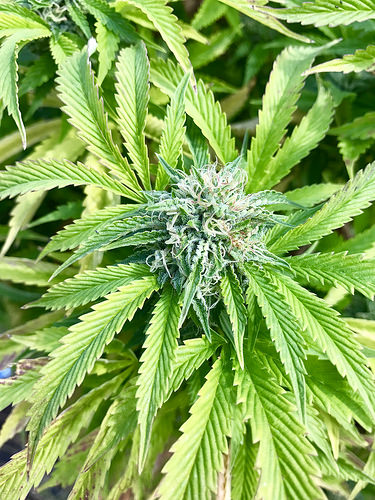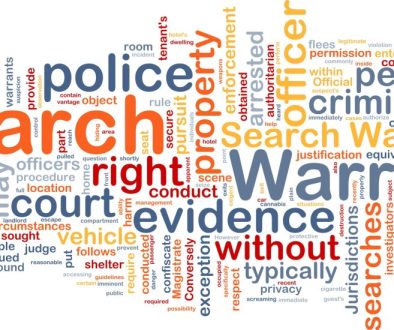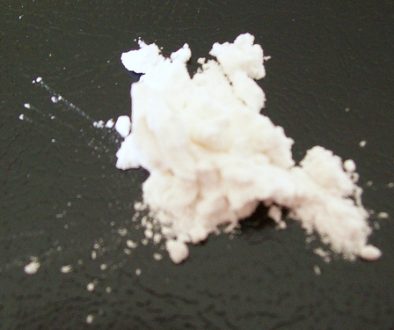Possession of Marijuana as a Felony – Florida & NJ vs. PA

Recently drug charges against former Tampa Bay Buccaneer TJ Ward were dropped (withdrawn by prosecution) after authorities there charged him with felony possession of 99.9 grams of marijuana. This case presents a great opportunity to explain the difference between a state like Florida, Pennsylvania and New Jersey with regards to drug possession and felony vs. misdemeanor classifications.
Possession of Controlled Substances (Drugs & Narcotics) in Pennsylvania
In Pennsylvania, unlike Florida and New Jersey, the illegal possession of a controlled substance like marijuana, crack cocaine, heroin, PCP, or any other substance, is a misdemeanor crime. If you recall from my previous blogs, a misdemeanor is much less serious than a felony offense as it does not typically expose a person to state prison time. Possession with the intent to deliver (PWID) or distribute in Pennsylvania under Title 35 § 780-113 (a)(30) is an ungraded felony which ranges from an offense gravity score as low as 3 (marijuana—less than one pound) to as high as 13 (PWID—PCP, heroin, cocaine, meth greater than 1000 grams/1kilo). Read my previous blog to understand more about Pennsylvania’s sentencing guidelines.
Possession of Controlled Substance in New Jersey—The Difference
New Jersey, under Section 2C: 35-10 makes the illegal possession of a controlled or illegal substance like marijuana a felony offense. While the Garden State does treat marijuana somewhat difference than other drugs, the possession of 50 or more grams is a crime of the 4th degree while less than 50 grams is a disorderly persons offense. While second offenses do not increase the criminal level of the offense, in New Jersey it does increase the potential consequence with regards to prison time and fines.
Remember that New Jersey doesn’t classify crimes as misdemeanors or felonies, but rather indictable crimes vs. offenses. Indictable crimes range from the 1st to the 4th degree with the 1st degree reserved for the most serious crimes which would include some serious drug offenses depending of upon the weight and the drug in question. Pennsylvania doesn’t make this distinction and doesn’t classify simple possession of a misdemeanor regardless of the weight in question. Florida, unlike New Jersey, classifies the possession of marijuana over 20 grams as a felony, but like New Jersey and Pennsylvania classifies drug paraphernalia as a misdemeanor offense.
While it often appears that there is little difference between drug paraphernalia and an actual drug charge, a drug paraphernalia charge in Pennsylvania doesn’t carry with it a mandatory 6 month license suspension. I always recommend to clients a possible plea to that charge instead of a simple possession charge if there is no viable defense or pre-trial motion to suppress evidence.
Diversion Programs & Drug Possession Charges
In the case of TJ Ward it appears that the prosecution may have dropped the charge based on some diversion program similar to Pennsylvania’s ARD, AMP, or New Jersey’s Conditional Dismissal, discharge, or pre-trial intervention. A condition of these programs is typically that an individual remain arrest free and completes certain conditions like community service or drug classes. If the defendant satisfies these conditions, the prosecution will simply withdraw the case (drop the charges).
At this point it is unclear why the prosecutor in Florida chose not to pursue the case given that his lawyer appears not to have filed any pre-trial motions (Motion to Suppress, Quash) which would have forced the dismissal of the matter for lack of evidence.
For more information on drug charges in Pennsylvania and New Jersey, I encourage you to keep reading my blog and visit my free download section.



